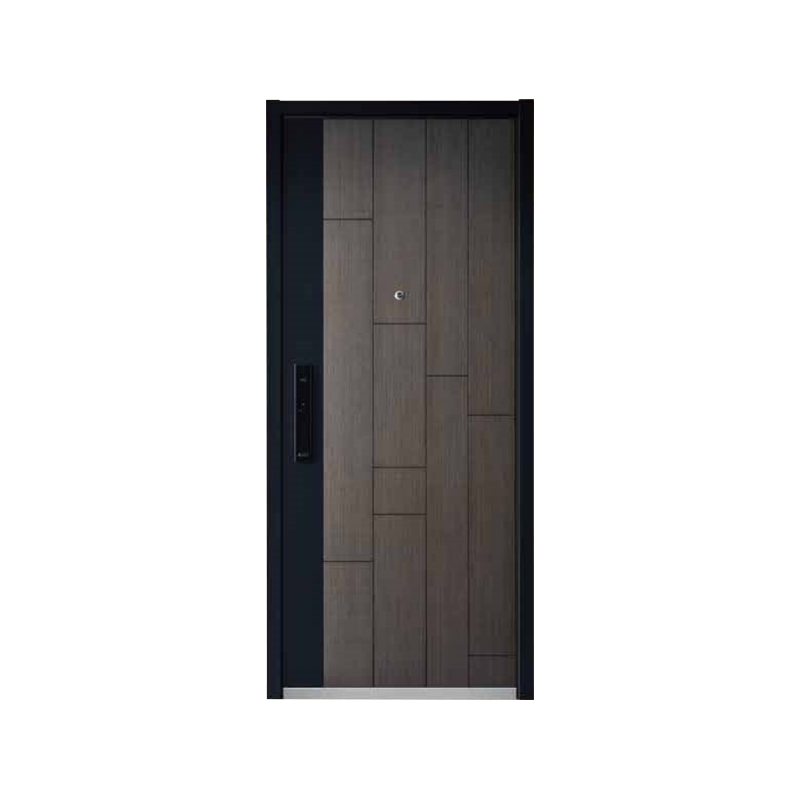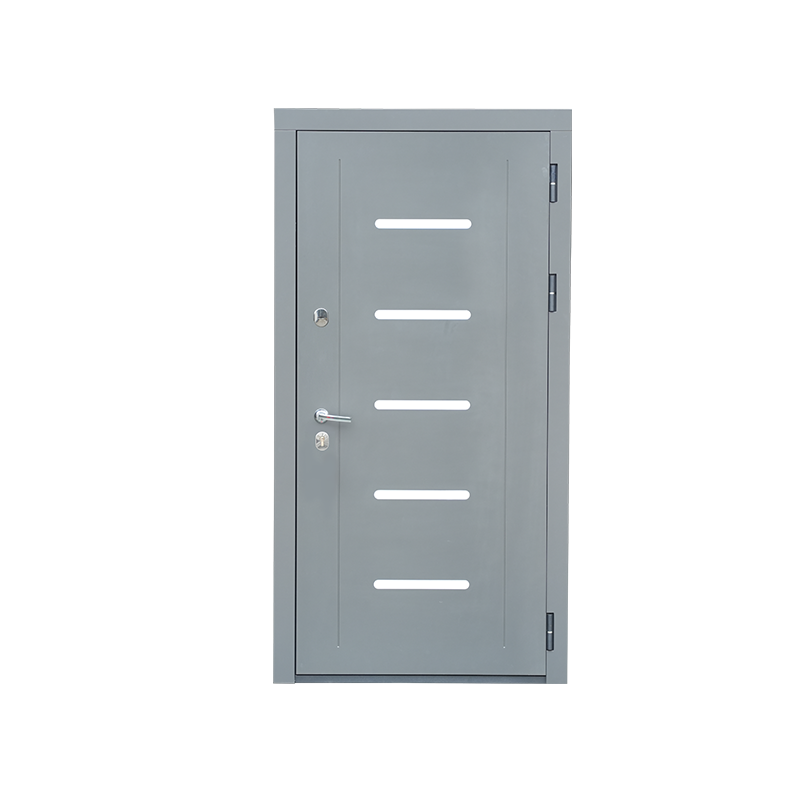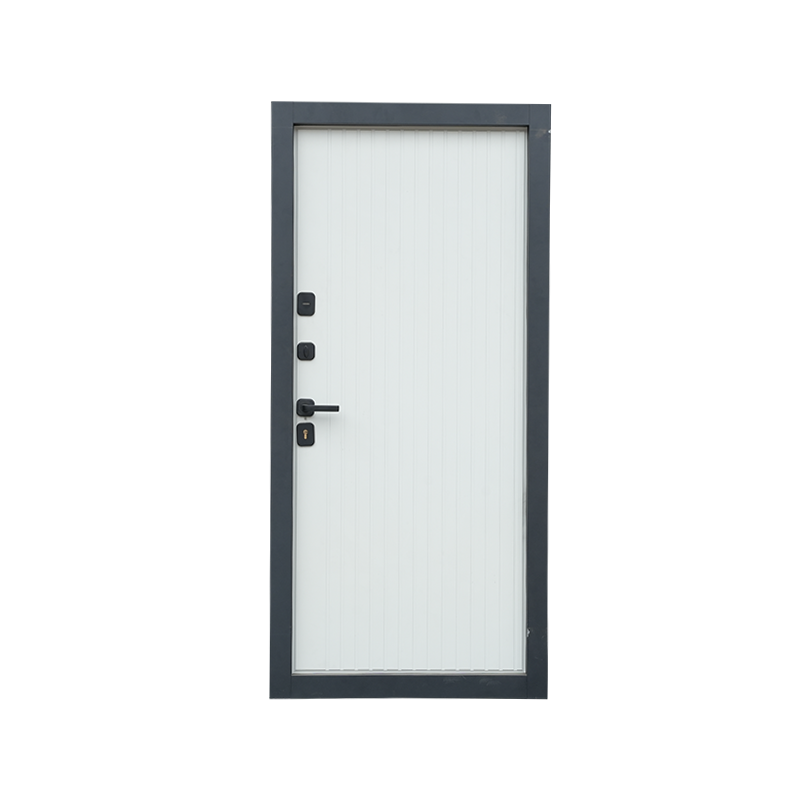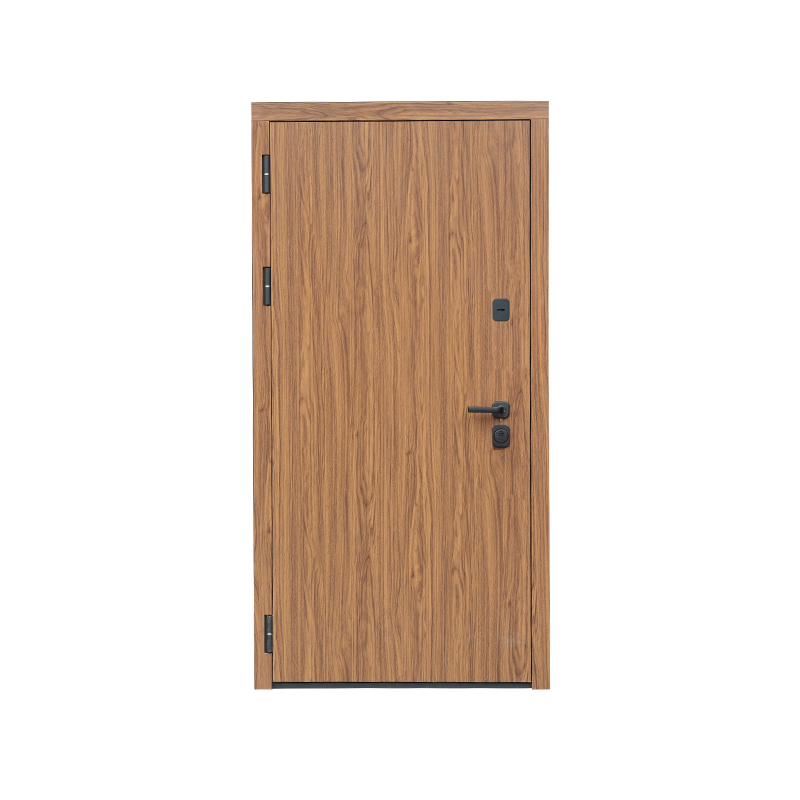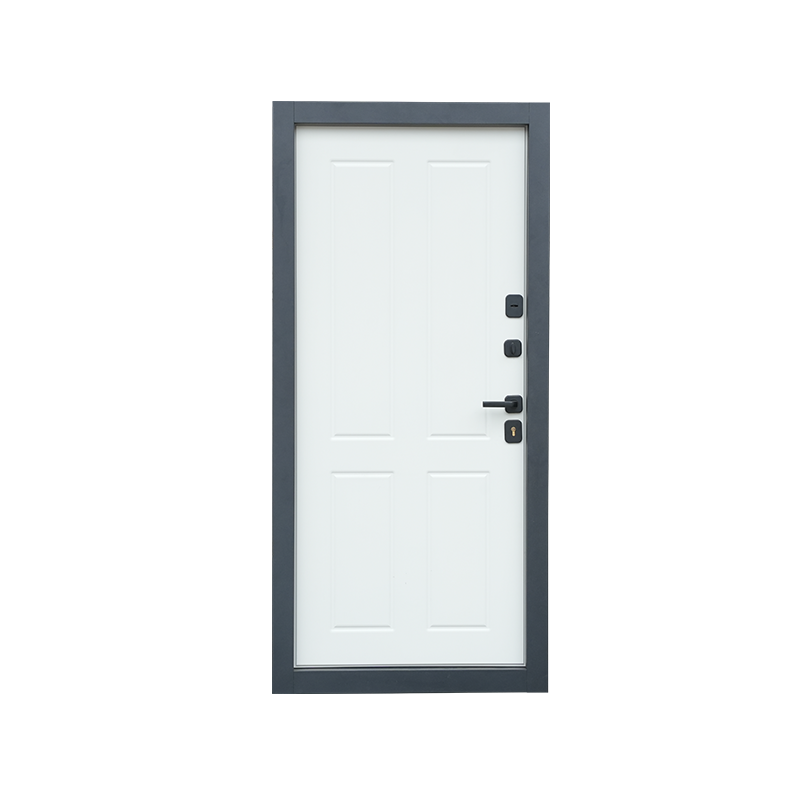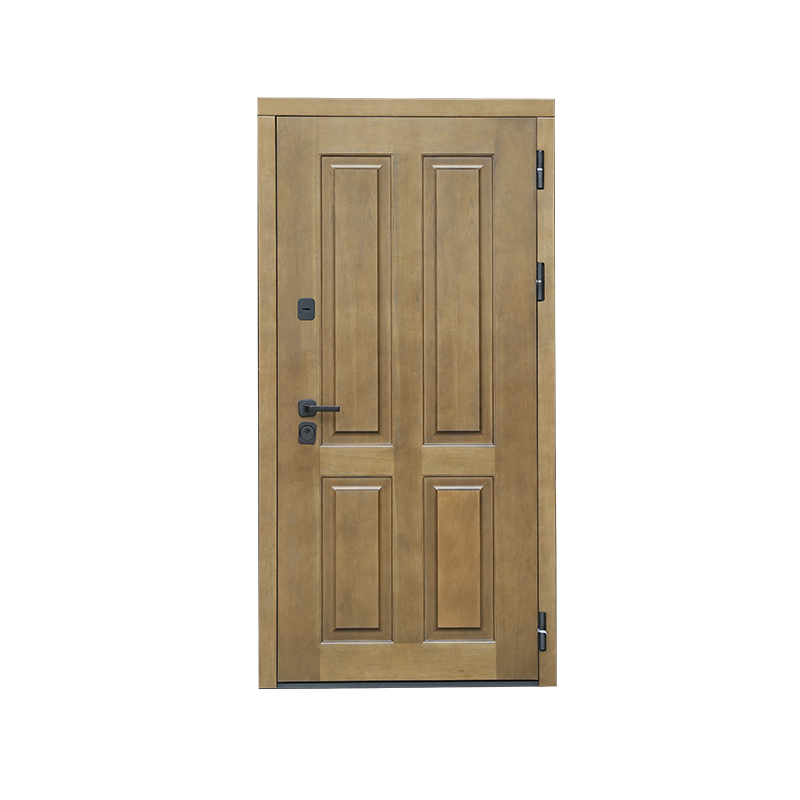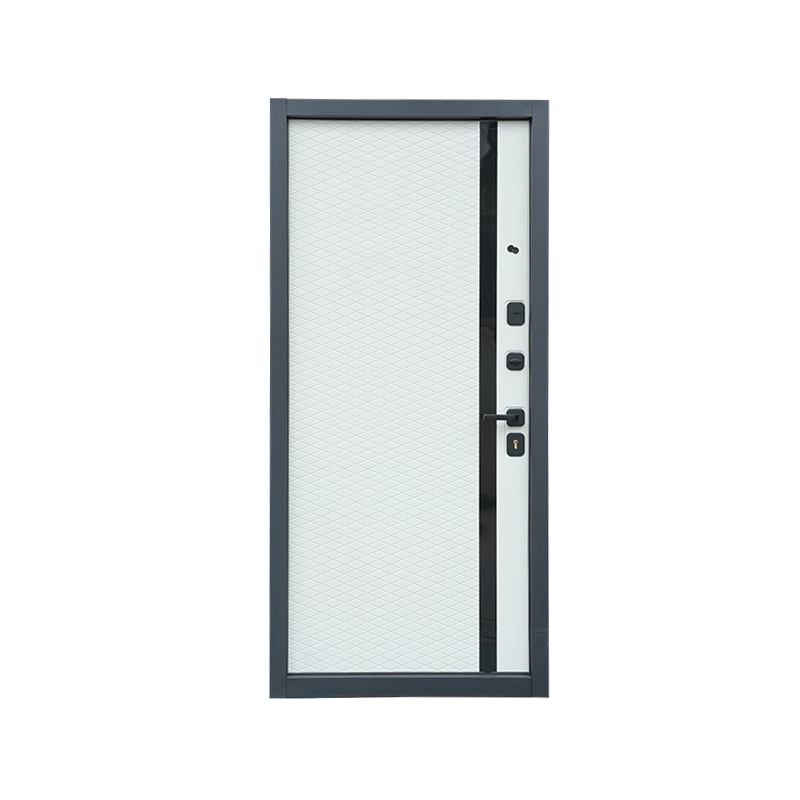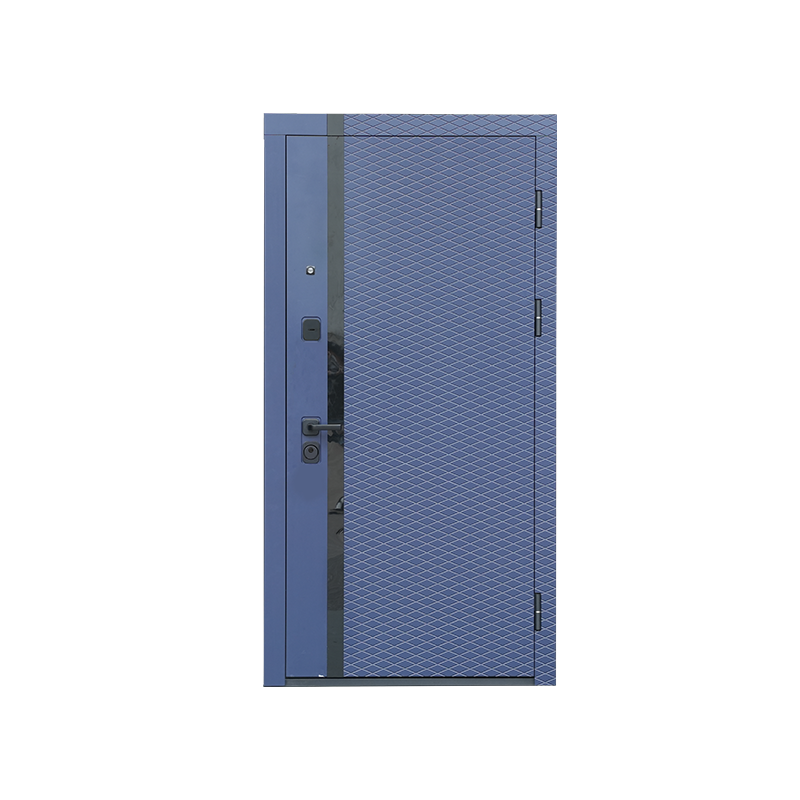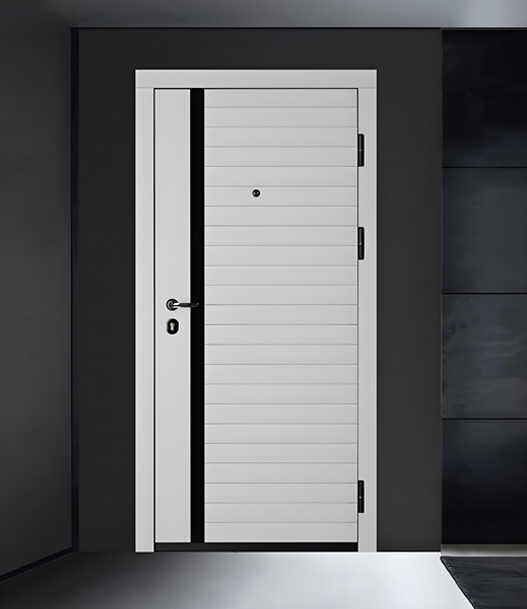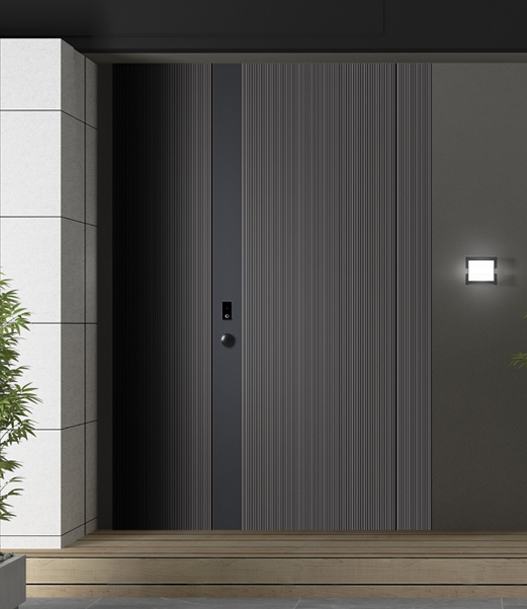When choosing the right type of door for your home or commercial property, understanding the differences between solid metal doors and hollow core metal doors is crucial. These two types of doors are widely used in various applications, offering unique advantages and drawbacks based on their structure and intended use.
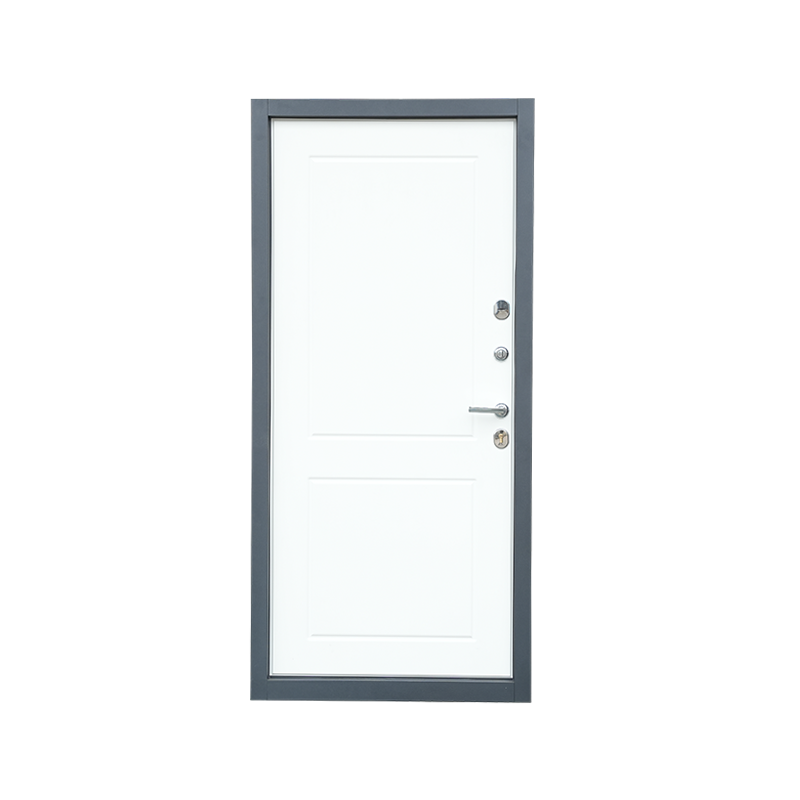
1. Structural Composition
apparent difference between solid metal doors and hollow core metal doors lies in their structure. A solid metal door is made from a single, solid piece of metal, usually steel or another heavy-duty alloy. These doors are robust and highly durable, providing outstanding protection against physical impacts, weather, and security breaches. Heavy metal doors are often classified under solid metal doors due to their dense, unyielding composition.
On the other hand, a hollow core metal door is designed with a metal outer frame, but the inside of the door is hollow. These doors typically contain a core made from materials such as honeycomb cardboard, polystyrene, or polyurethane foam, which is encased within the metal outer layer. This design helps to reduce the overall weight of the door while still maintaining strength and security.
2. Durability and Security
Solid metal doors are highly durable and provide a high level of security. The solid construction makes them ideal for areas that require enhanced protection, such as commercial buildings, warehouses, and high-security facilities. These doors are particularly resistant to physical damage, such as forced entry or impact, making them a top choice for environments where safety is a priority. Additionally, heavy metal doors are virtually impenetrable to any form of impact, offering significant security advantages.
In contrast, hollow core metal doors are still strong but may not offer the same level of durability as solid metal doors. While they are generally resistant to impacts, they can be more vulnerable to certain types of damage, especially if the core material is compromised. However, many hollow core metal doors are engineered with enhanced materials to bolster their security and provide a solid barrier, though they may not match the security levels of their solid counterparts.
3. Insulation and Energy Efficiency
One of the significant advantages of hollow core metal doors is their outstanding insulation properties. The core material used inside the door plays a crucial role in its ability to insulate against heat and sound. Materials like foam or honeycomb cores help reduce energy loss, making these doors outstanding choices for buildings that require temperature control, such as homes or office buildings. They are particularly effective in maintaining a comfortable indoor environment and reducing heating and cooling costs.
While solid metal doors also provide insulation, they do not perform as efficiently as hollow core metal doors. The solid metal construction can make them more prone to heat conduction, meaning they may not offer the same level of temperature regulation. However, with proper sealing and additional insulation layers, solid metal doors can still provide reasonable energy efficiency, particularly in situations where improve security is needed over insulation.
4. Weight and Ease of Installation
Solid metal doors are significantly heavier than their hollow core metal door counterparts due to their dense, unbroken metal structure. This weight can make installation more challenging, requiring additional labor and potentially stronger door frames to support the weight. In addition, the heavier weight of these doors may cause higher shipping and installation costs.
In contrast, hollow core metal doors are much lighter, making them easier to handle and install. This is one of the primary reasons why hollow core metal doors are often used in residential or commercial applications where convenience and ease of installation are important factors. The lighter weight also means that hollow core metal doors are less likely to cause wear and tear on hinges and hardware over time.
5. Applications
Solid metal doors are typically used in high-security settings, including government buildings, prisons, data centers, and areas that require improve protection against unauthorized access. They are also common in industrial environments where heavy-duty doors are needed to withstand conditions.
Hollow core metal doors, meanwhile, are commonly used in commercial buildings, office spaces, and residential properties where a combination of security, insulation, and cost-effectiveness is required. They are great for areas that need moderate protection but do not face the demands of high-security spaces.

 English
English русский
русский Español
Español عربى
عربى